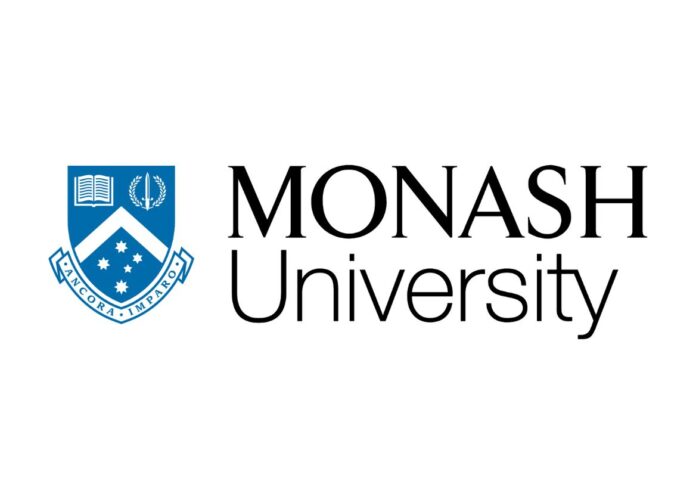
A Monash University-led study has exhibited the potential of artificial intelligence to predict the best personalised, anti-seizure medication for patients with newly diagnosed epilepsy.
The study, published in Jama Neurology, seeks to develop an AI model that would spare patients the uncertainty of not knowing when their lives would return to normal by taking anti-seizure medications.
The prediction model is also expected to determine the possible harmful side effects associated with some drugs.
Professor Patrick Kwan, a neurologist and researcher from the Monash Central Clinical School’s Department of Neuroscience, is leading an international collaboration that is developing the deep-learning prediction model.
“If the patient doesn’t respond to the first treatment, quite a few will respond to the second or third one, meaning that they might have become seizure-free sooner if the ‘right’ drug was chosen at the outset,” Kwan said. “But if they get the wrong medication they still have seizures and may also get side-effects from it – they’re not getting the benefit and are getting harm from the drug.”
Kwan added that the model’s accuracy in predicting the best medication was “modest,” but more than what the team expected.
The study used the clinical information of about approximately 1800 patients from five health care centres across Australia, Malaysia, China, and the United Kingdom.
Led by Associate Professor Zongyuan Ge, Monash Medical AI is developing the model using the Monash MASSIVE computing cluster.
An enhanced version of the solution will be tested in the national multicentre randomised controlled Personalised Selection of Medication for Newly Diagnosed Adult Epilepsy trial to aid treatment selection.
The AI solution is currently designed for adults with new onset epilepsy who are going to start their first medication.
The model is expected to form the basis for further models for people with more established epilepsy, Monash University said in a media statement.



















